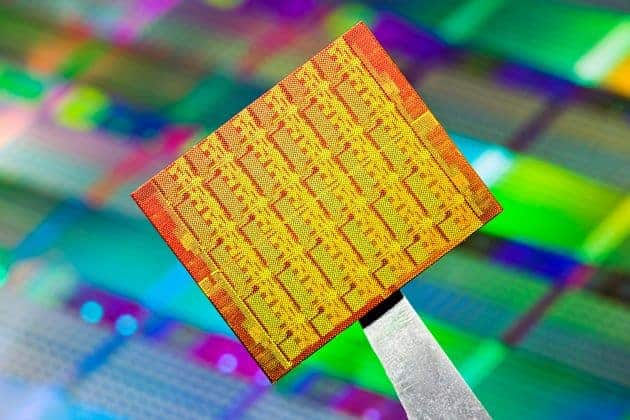GlobalWafers, a Taiwanese chip manufacturer, is unlikely to receive approval for its acquisition of Siltronic AG, a German chip manufacturer. The German Ministry of Economic Affairs has until midnight to approve the acquisition. According to an anonymous Bloomberg source, the decision is unlikely to be made in time.
Update: the acquisition has been stopped. As expected, the German Ministry of Economic Affairs responded too late. According to a ministry spokesperson, “it was not possible to complete all the necessary review steps of the antitrust approval by the Chinese authorities, which was only granted last week.” GlobalWafers CEO Doris Hsu calls the result “very disappointing”. The organization says the “non-decision of the German government” will affect future investments.
On Monday, a spokesperson for the German ministry shared that the acquisition remains under investigation. Afterwards, things went quiet. The acquisition of Siltronic AG, a deal worth nearly 4.4 billion euros, is plagued by uncertainty. If the German ministry does not respond in time, the acquisition will not go through.
An anonymous Bloomberg source suspects that the ministry is unlikely to give the green light. The source requested anonymity because negotiations between GlobalWafers, Siltronic AG and the ministry are held behind closed doors.
Foreshadowing
On Friday, January 28, a meeting took place between Udo Philipp (State Secretary) and Doris Hsu (GlobalWafers CEO). According to Bloomberg, the German government shared several arguments against the acquisition. Anonymous sources informed Bloomberg that GlobalWafers tried to refute the arguments without success.
Why?
It is too early to confirm whether and why the German government is blocking the acquisition. The emergence of the European Chips Act may play a role. In February, the European Commission will present a plan to produce one-fifth of all chips worldwide in European factories. The acquisition of a German chip manufacturer (Siltronic AG) by a Taiwanese player (GlobalWafers) may conflict with the strategy.
